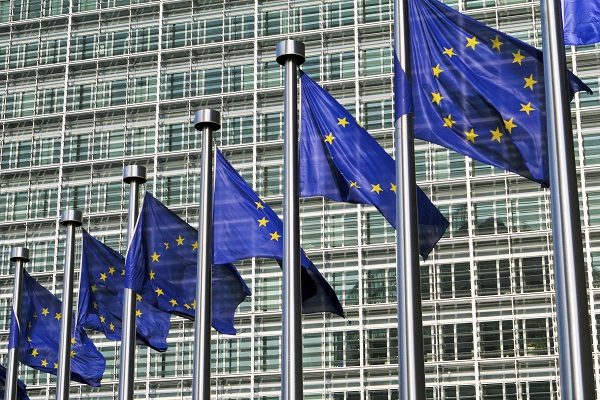
The Executive Board of the Conference on the Future of Europe has approved the calendar of Plenary meetings and European Citizens' Panels, with the series of events starting next month.
The inaugural Conference Plenary will take place on 19 June 2021 in Strasbourg, France, with remote and physical participation, in full compliance with the health situation, and will include presentations on the European Citizens' Panels and on the Multilingual Digital Platform.
Prior to that, a European citizens' event, also in the framework of the Conference, will be held on 17 June 2021 in Lisbon, Portugal, and livestreamed online. This will be composed of 27 representatives from national Citizens' Panels or national events (one per Member State), as well as the President of the European Youth Forum and a number of individuals already selected for the European-level Citizens' Panels. The event, also organised in hybrid format, will give participants the opportunity to discuss their expectations from the Conference with the three Co-Chairs. These participants will also attend the inaugural Plenary in Strasbourg.
The Executive Board also took note of the final practical modalities for the four planned European Citizens' Panels, including the topics allocated to each:
- Values, rights, rule of law, democracy, security;
- Climate change, environment / health;
- Stronger economy, social justice, jobs/education, youth, culture, sport/digital transformation;
- EU in the world / migration.
In addition, guidance was prepared to assist Member States and others wishing to organise citizens' panels and other events at national, regional or local level, under the umbrella of the Conference.
The European Parliament's Co-Chair of the Board, MEP Guy Verhofstadt, commented: "We need to get the process absolutely right. The legitimacy of the Conference in large part depends on that. We are working to boost the platform, organise the panels and set up the plenary to work with the output of both. I note a large amount of interest in the Conference also from national parliaments, civil society partners and citizens. Our job now is to draw all that enthusiasm and energy into the Conference itself".
The Portuguese Secretary of State for EU Affairs and Co-Chair from the Presidency of the Council of the EU, Ana Paula Zacarias, added: "We are pleased to organise a first Citizens' event next month in Lisbon, before the first Conference Plenary. Citizens will always be at the core of this major European exercise and we want to give them the opportunity to truly engage and participate. Our common future is in their hands".
European Commission Vice-President for Democracy and Demography and Co-Chair, Dubravka Šuica, also noted: "We are now reaching the heart of the Conference on the Future of Europe: our citizens. As the ultimate drivers of this unique process, their contributions, ideas, hopes and dreams will be essential as we shape the vision for our union. The Conference provides a much needed space for them to deliberate among themselves and with elected representatives on an equal footing".
Background
The Conference Plenary will be composed of 108 representatives from the European Parliament, 54 from the Council (two per Member State) and three from the European Commission, as well as 108 representatives from all national Parliaments on an equal footing, and citizens. 108 citizens will participate to discuss ideas stemming from the Citizens' Panels and the Multilingual Digital Platform, along with the President of the European Youth Forum.
There will be four European Citizens' Panels, each of them comprising 200 citizens and ensuring that at least one female and one male citizen per Member State is included. Citizens will be chosen randomly to ensure that they are representative of the EU's diversity, in terms of geographic origin, gender, age, socioeconomic background and level of education. Young people between 16 and 25 will make up one-third of each panel.
In due course, the Plenary will submit its proposals to the Executive Board, who will draw up a report in full collaboration and full transparency with the Plenary, and which will be published on the Multilingual Digital Platform (i.e. the single place where input from all Conference-related events will be collected, analysed and published).








